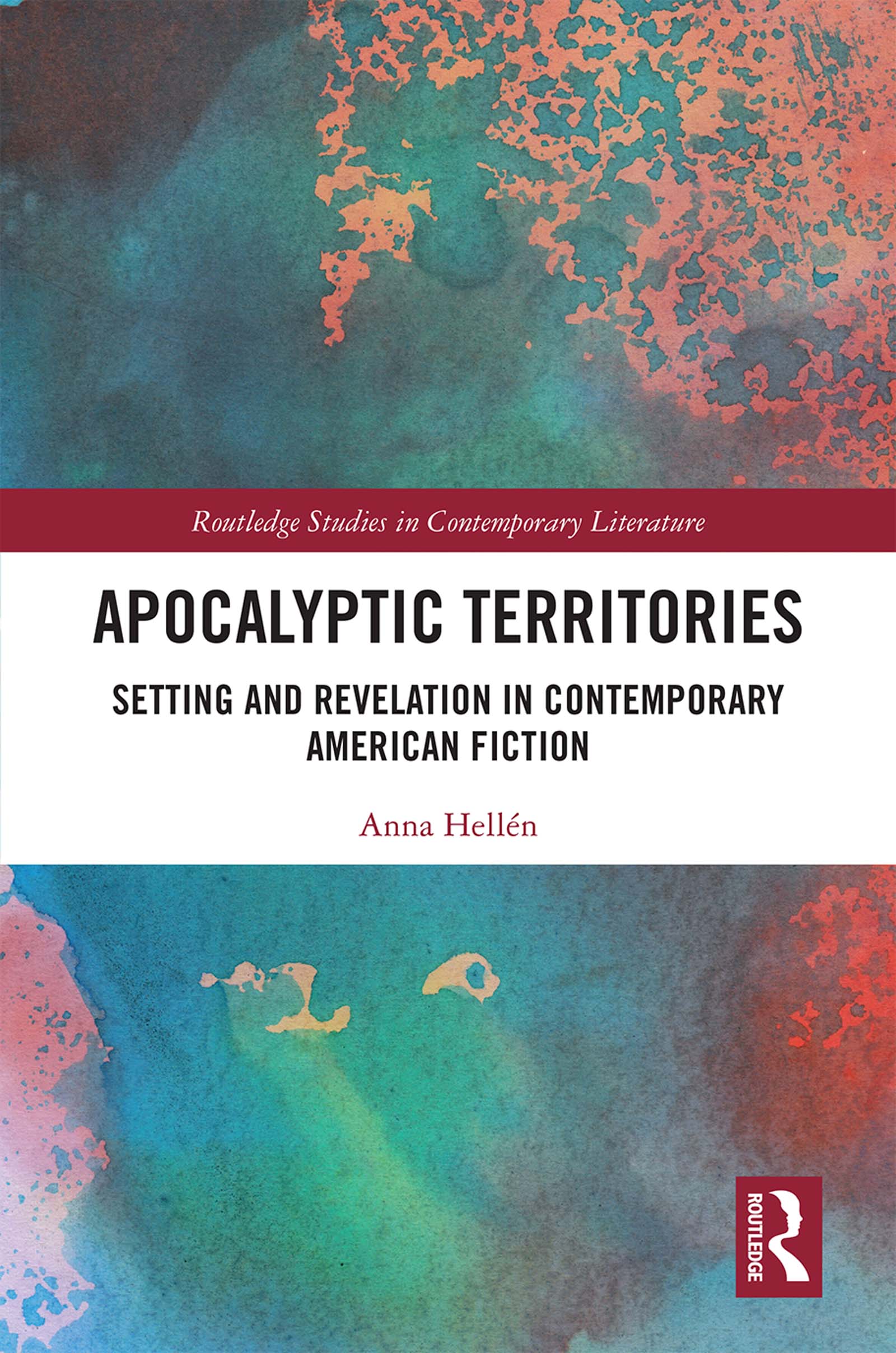Apocalyptic Territories
Research on the relationship between the apocalyptic tradition and the literary imagination has typically espoused a temporal approach which in one way or another revolves around the order of events that precedes the end of history and the ensuing es...
Read more
Research on the relationship between the apocalyptic tradition and the literary imagination has typically espoused a temporal approach which in one way or another revolves around the order of events that precedes the end of history and the ensuing establishment of a new world. This study, by contrast, explores the spatial dimensions of apocalypse, more precisely the way in which the settings of the Book of Revelation are taken up by contemporary American writers and related to more general but also more contested concerns of territorial integrity and national identity. Influenced by Lefebvre’s theories, the study understands territory not simply as the container of certain structures and practices but also as the result of them, just as bird song is not framed by but rather constructive of territorial borders. It is the equivalent of such ‘songs’ that this book seeks to listen in on, i.e. the apocalyptic narratives that have been passed on through the centuries to define and sustain territory on a local, regional, and national level, and the way in which seven novels by Rick Moody, Toni Morrison, Jesmyn Ward, Cormac McCarthy, and Michael Chabon respond to them.
Less
